Shang-Dong Wolf Traps in Ladakh
GHE Jan 29, 2026
Tech-Based Education Accessibility: GHE’s Digital Learning Revolution
Bridging Education Gaps Through Digital Empowerment
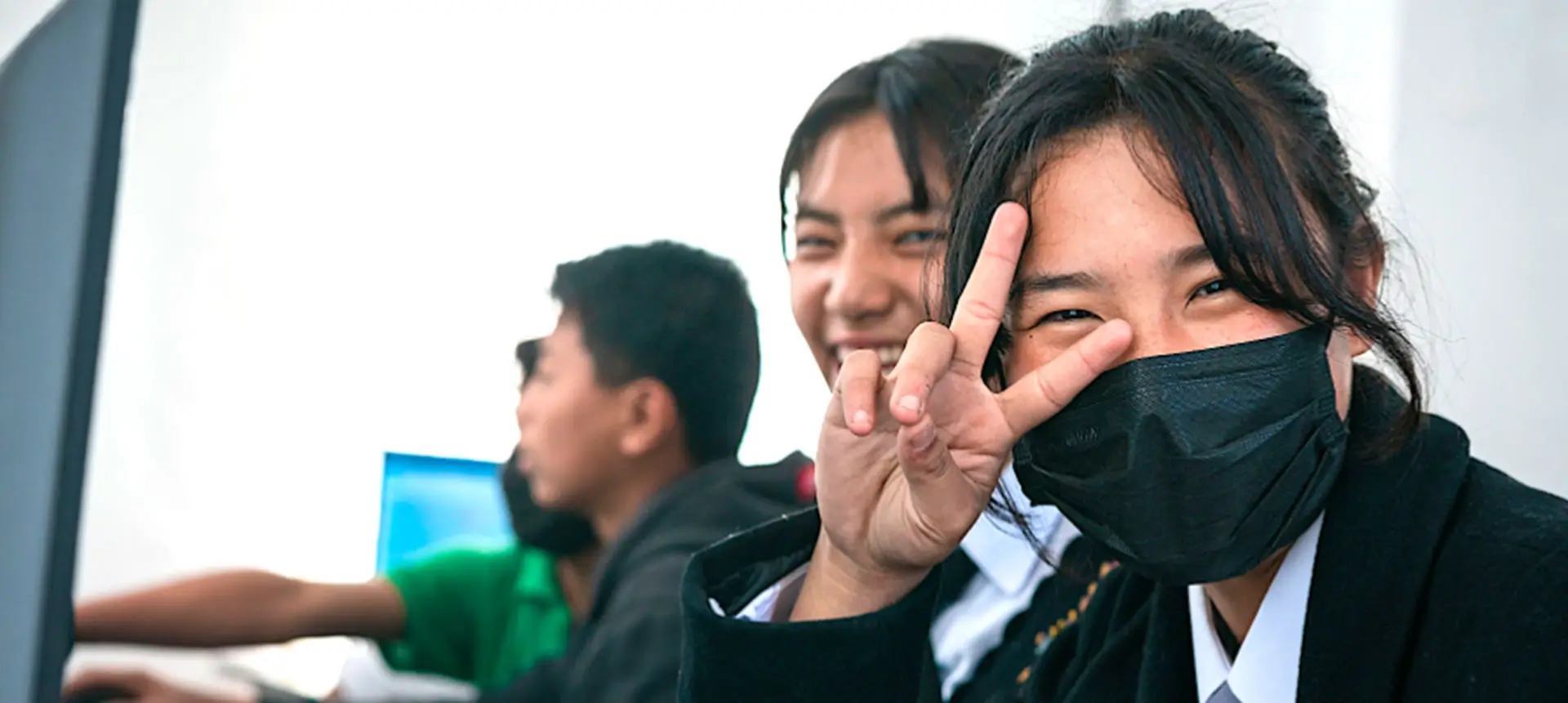
In the remote regions of India, where geographical isolation and a lack of infrastructure have long hindered access to quality education, GHE (Global Himalayan Expedition) is breaking barriers through its innovative Digital Learning Lab initiative. This transformative project is designed to bridge the educational divide by bringing digital learning resources to the doorsteps of those who need them most.
The Need for Digital Learning in Remote Areas
Remote communities in India often face severe challenges in accessing education and information. Traditional resources are scarce, and the lack of connectivity exacerbates the situation. Without access to real-time information or quality educational content, these communities are at a significant disadvantage, missing out on numerous opportunities that could improve their lives.
GHE’s Digital Learning Lab is a response to this pressing need. By introducing digital learning tools, GHE is not only overcoming the physical barriers to education but also empowering students, youth, and community members with the skills necessary to thrive in a technology-driven world.
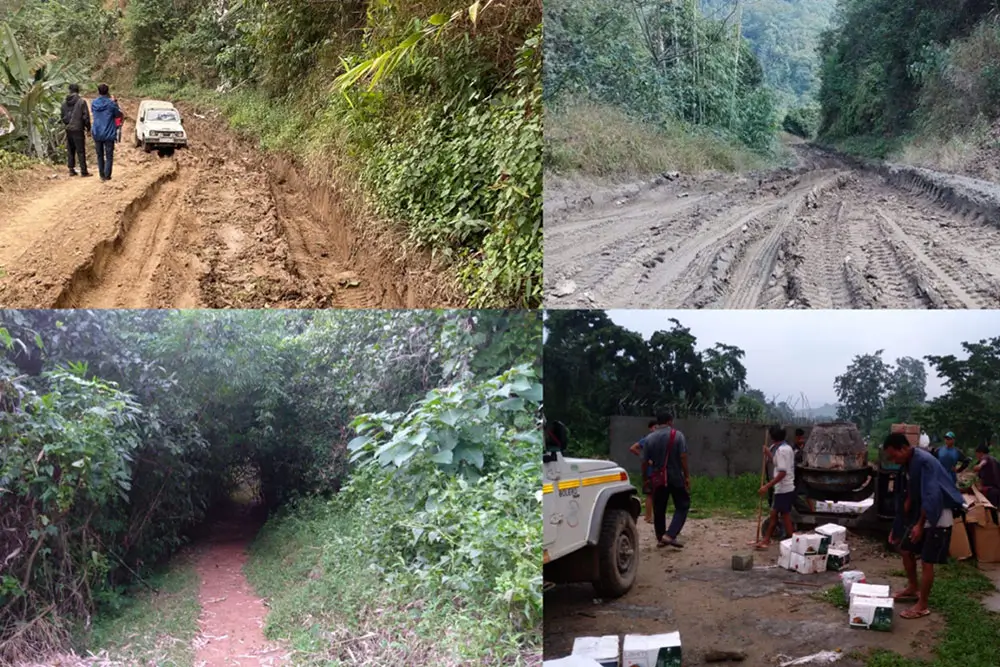
Geographical Terrain to reach the Villages
The Three-Phase Approach to Digital Empowerment
GHE’s Digital Learning Lab is built on a comprehensive three-phase model that gradually integrates the community into the digital learning process, ensuring sustainable and long-term impact.
Phase 1: Students and Teachers
The first phase focuses on students and teachers, providing a curriculum mapped to the CBSE standards for grades 6th to 10th. The curriculum includes subjects like English, Science, Mathematics, and additional resources like encyclopedias and video content. Teachers facilitate the learning process, but students also have the opportunity to engage in self-paced learning. The inclusion of interactive exams and Microsoft tools like Excel, PowerPoint, and Word ensures that students not only learn academic content but also acquire essential digital skills.
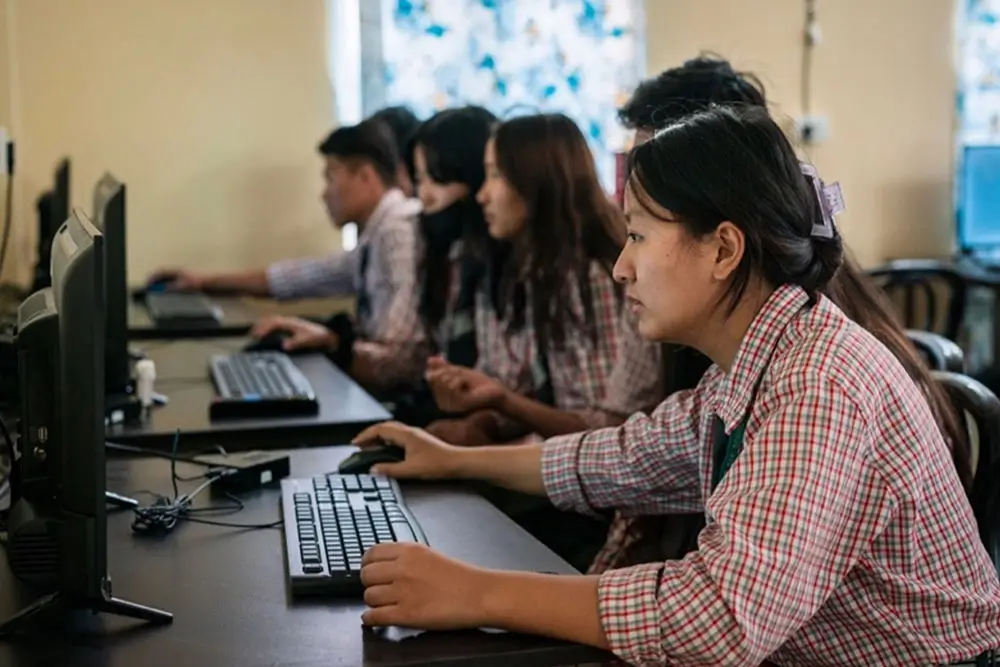
Digital Classrooms
Phase 2: Digital Skilling for Youth
In the second phase, the focus shifts to local youth, equipping them with basic digital skills, familiarity with information technology, and digital communication abilities. The curriculum also introduces more advanced topics like digital entrepreneurship, the basics of AI, and soft skills like resume building and job portal navigation. This phase is crucial for improving the employability and economic opportunities of the youth in these remote areas.
Below is a table summarizing the digital skills curriculum for local youth:
| Digital Skills for Youth | Topics Covered |
|---|---|
| Basic Digital Skills | Information Technology Familiarization |
| Digital Communication Skills | E-learning Platforms, Digital Entrepreneurship |
| Basics of AI and Usage | Communication Skills, Soft Skills |
| Resume Building and Job Portals | Government Schemes Access, Basic Financial Literacy |
| Ethical Use of Technology | Awareness of Online Frauds/Scams |
Phase 3: Digital Empowerment of Women and Farmers
The final phase targets women and farmers, oYering digital training and workshops tailored to their specific needs. They are taught basic digital skills, provided access to relevant sectoral information, and educated on government welfare schemes. Additionally, they learn about marketplace integration, financial literacy, and the ethical use of technology. This phase aims to increase agricultural productivity, improve market reach, and enhance the economic independence of women in these communities.
Technology-Driven Learning Hubs
The success of the Digital Learning Lab hinges on the robust technological infrastructure GHE has established in these remote areas. Each Digital Innovation Centre is equipped with 10 computers powered by an Odroid Content Server, which hosts the educational content. These setups are backed by solar energy, ensuring that even in the absence of regular electricity, the learning process continues uninterrupted. The inclusion of SMART TVs and tablets for faculty members further enhances the educational experience, making learning more interactive and engaging.
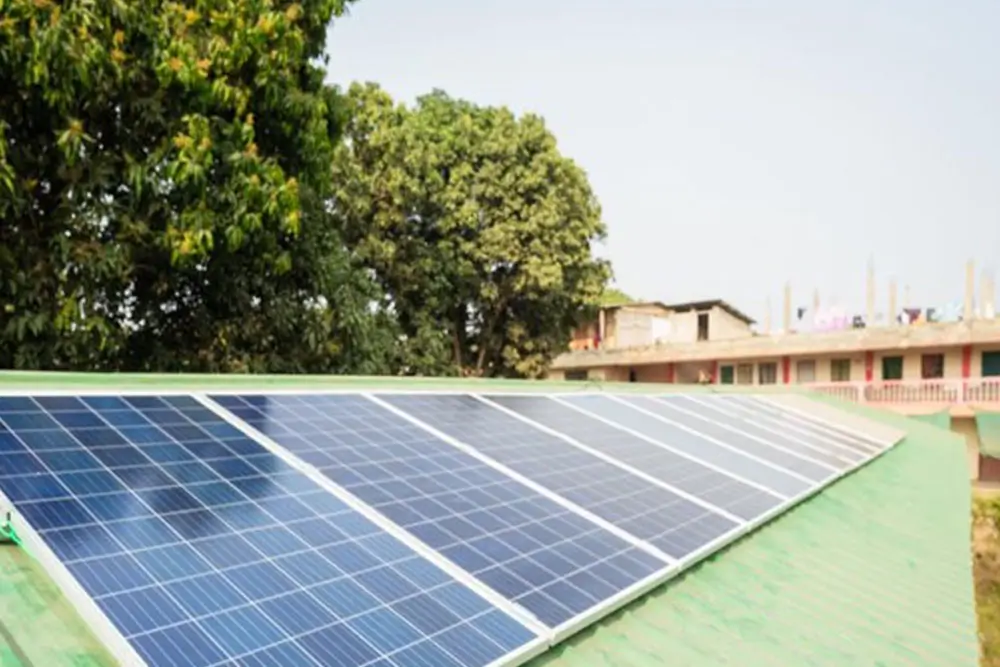
Solar Power Plant for Reliable Source of Energy
Standard Specification of Each Lab:
| Lab Component | Details |
|---|---|
| Number of Computers | 10 |
| Content Server | Odroid Content Server |
| Power Source | Solar Energy |
| Additional Devices | SMART TV, Tablets for Faculty Members |
Sustainable Impact Through Community Ownership
One of the key pillars of GHE’s approach is sustainability. To ensure the longevity of these learning labs, GHE has implemented a model where the local community takes ownership of the infrastructure. School principals and teachers are trained to maintain the labs, and a fellowship model ensures that the curriculum is continuously updated and relevant to the community’s needs.
This fellowship model has already seen success in previous implementations, where fellows from organizations like Teach for India and Gandhi Fellowship have played a crucial role in training teachers and engaging students in experiential learning projects.
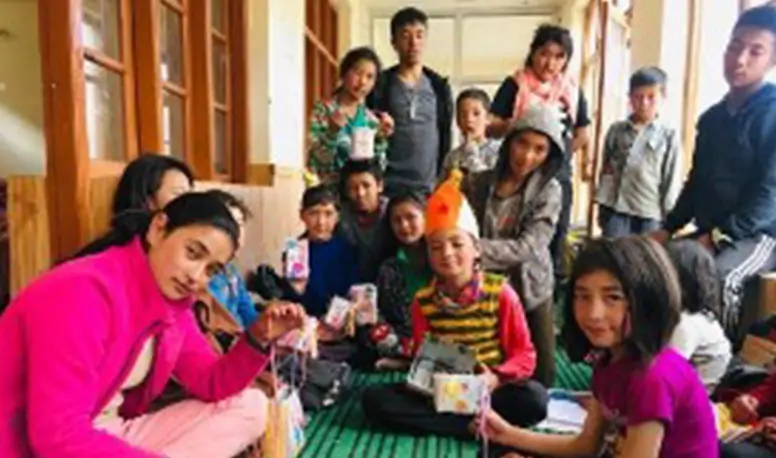
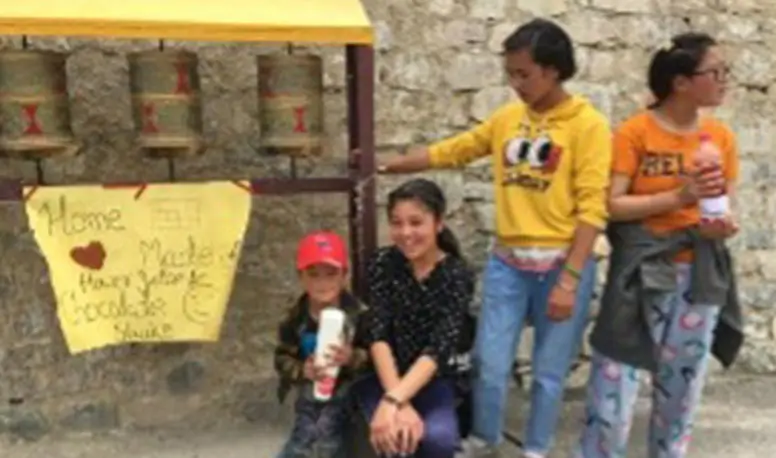
Fellowship Programme
Conclusion: A Bright Future for Remote Communities
GHE’s Digital Learning Lab is more than just a project; it is a movement towards empowering remote communities through education and technology. By providing access to digital resources, GHE is not only improving educational outcomes but also enhancing the economic prospects of these communities. Through a strategic, phased approach and a strong focus on sustainability, GHE is creating a lasting impact that will resonate for generations to come.
In a world where technology is rapidly shaping the future, GHE’s Digital Learning Lab ensures that no one is left behind.
Latest Blogs
Explore perspectives on the work we do and ways to make an even greater impact together.





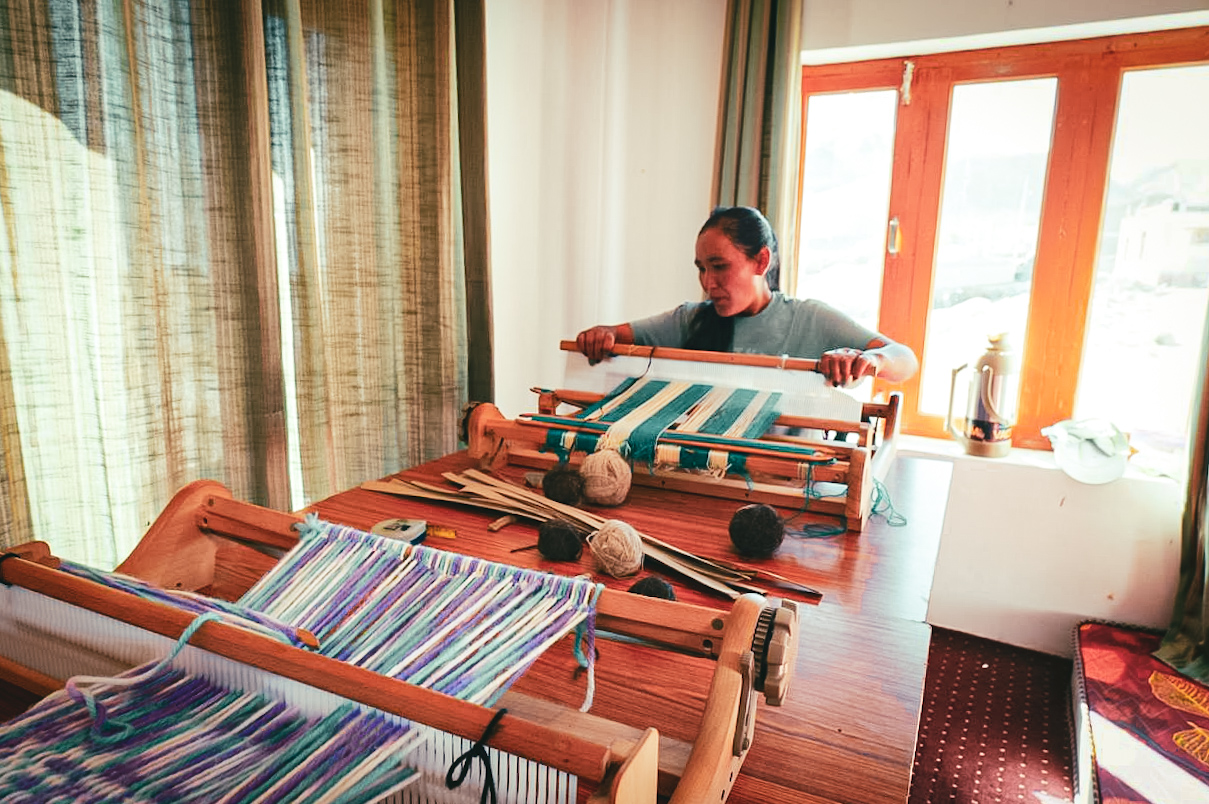
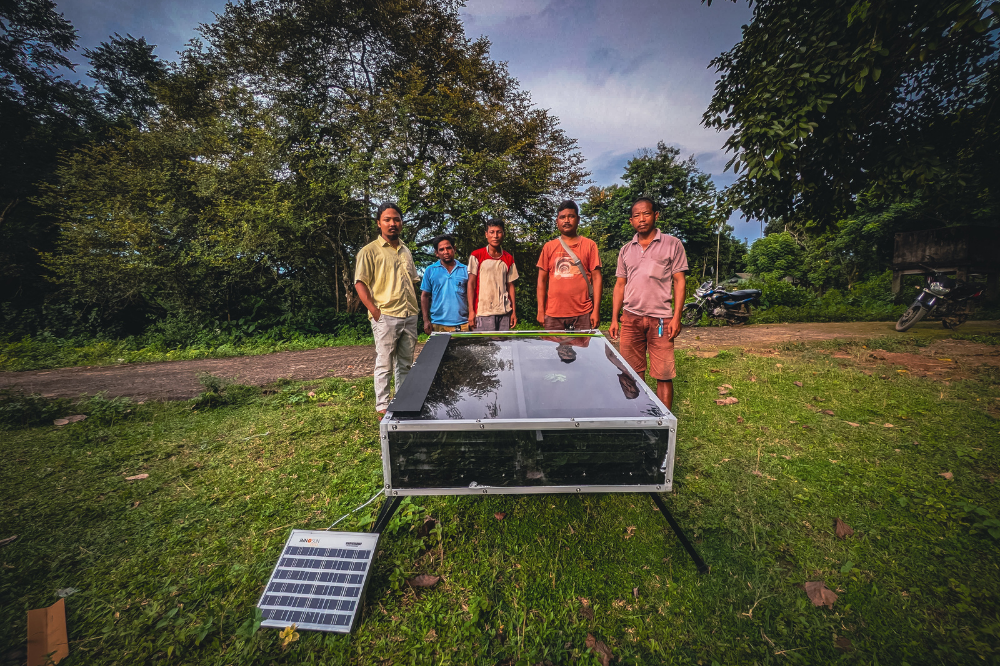



0 Comments